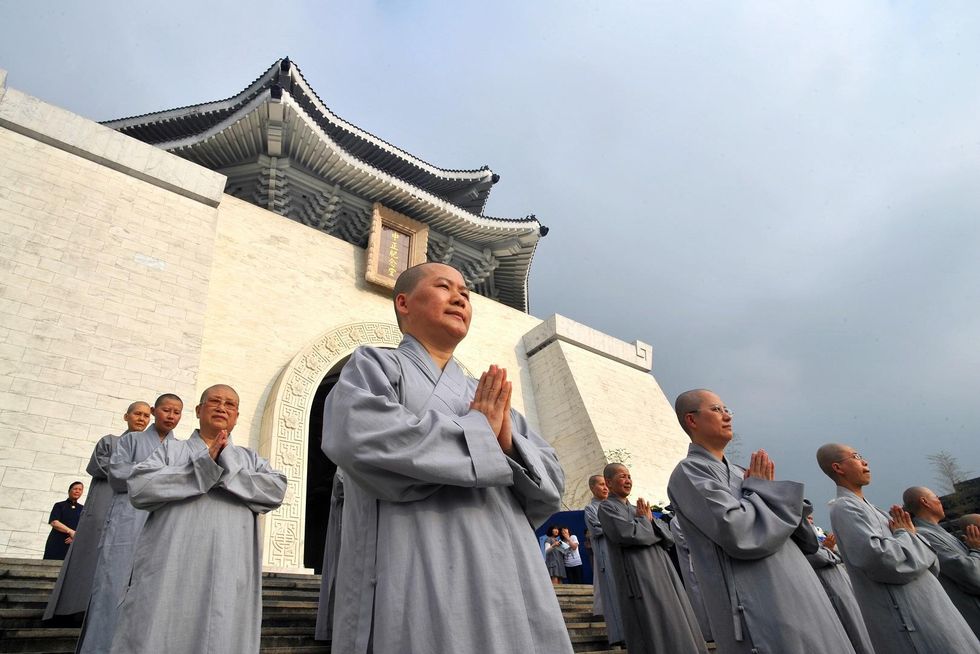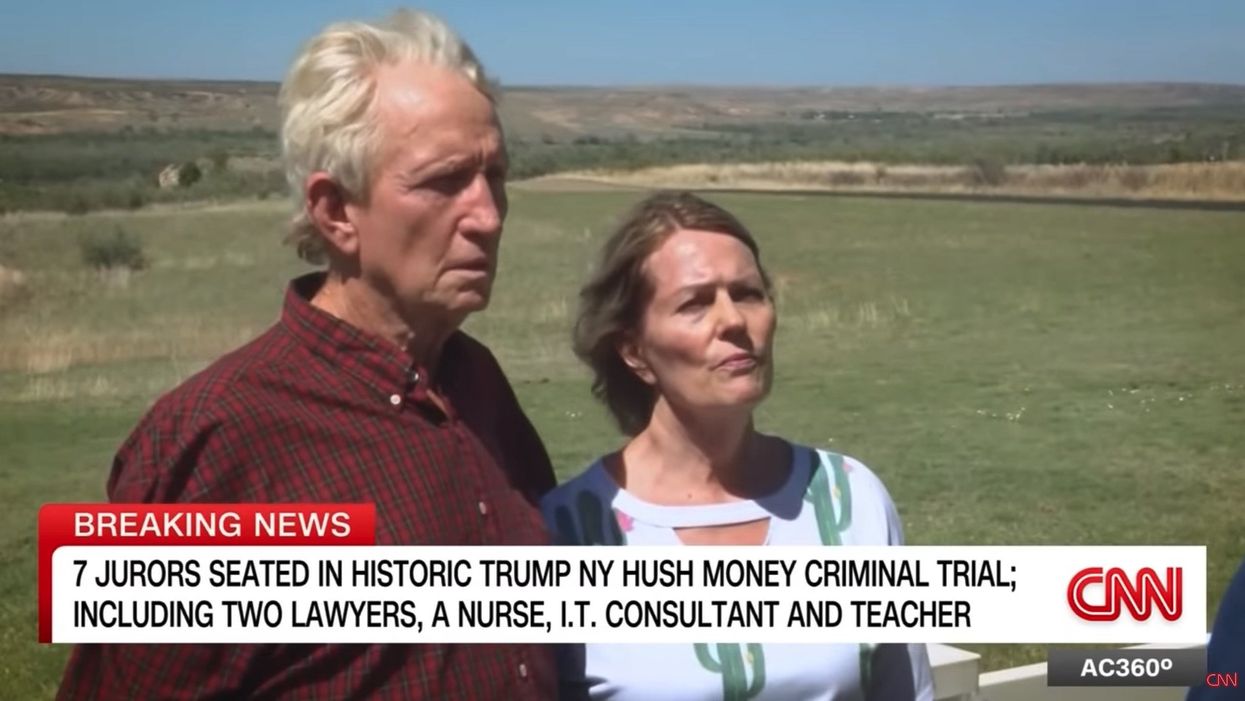A builder in Taiwan seized control of a Buddhist temple in that country, evicted the nuns who lived there, and turned it into the shrine for communist China.
What happened?
Buddhist nuns at Biyun Temple in Ershui, Taiwan, hired contractor Wei Ming-jen to build an addition on their temple. The nuns insist that they paid Wei the $3.2 million that they had agreed to. Wei, according to the nuns, convinced an elderly nun with little education to sign promissory notes for additional payment.
In 2012, a Taiwanese court ruled that the nuns needed to put the temple up for public auction in order to pay Wei the extra money he was now owed. Wei bought the temple at that auction and evicted the nuns, who now live in shipping containers near their old home.
“This is a society based on rule of law,” Wei said. “I didn’t receive the full payment, so the building became legally mine.”
After they were forced to sacrifice their temple to pay for improvements to it, the addition that the nuns had hired Wei to build will have to be demolished because it failed to meet safety standards.
Once Wei, a former military officer, had ownership of the temple, he proceeded to transform. The Buddhist statues were discarded in favor of a celebration of communist China. The Chinese flag flies prominently several locations outside the temple, as speakers blast the Chinese national anthem.
What's the history?
In 1949, Chinese communist leader Mao Zedong took control of China following a civil war. Chinese Nationalist forces under Chiang Kai-shek were forced to retreat and set up their own government in Taiwan.
To this day, China has demanded that other world leaders refuse to recognize the government of Taiwan as legitimate. The U.S. recognized this "One China" policy in 1978. President Donald Trump was criticized in 2016 for being the first president to call the president of Taiwan since 1979.
Ironically, while opposition is supressed in China, Taiwan's current democratic government allows Wei to freely express his view that Taiwan should come back under Chinese rule.
“Taiwan is a free country,” Akira Chen, the director of the Changhua county cultural affairs bureau, told The New York Times. “We will not stop you just because you raise the Chinese flag.”




